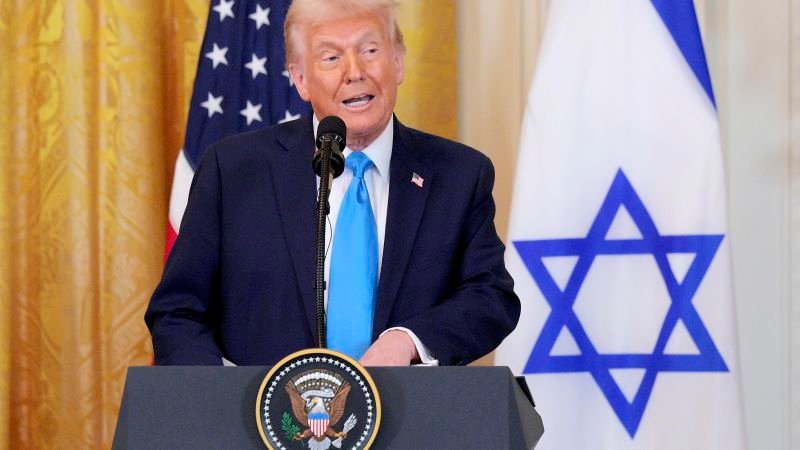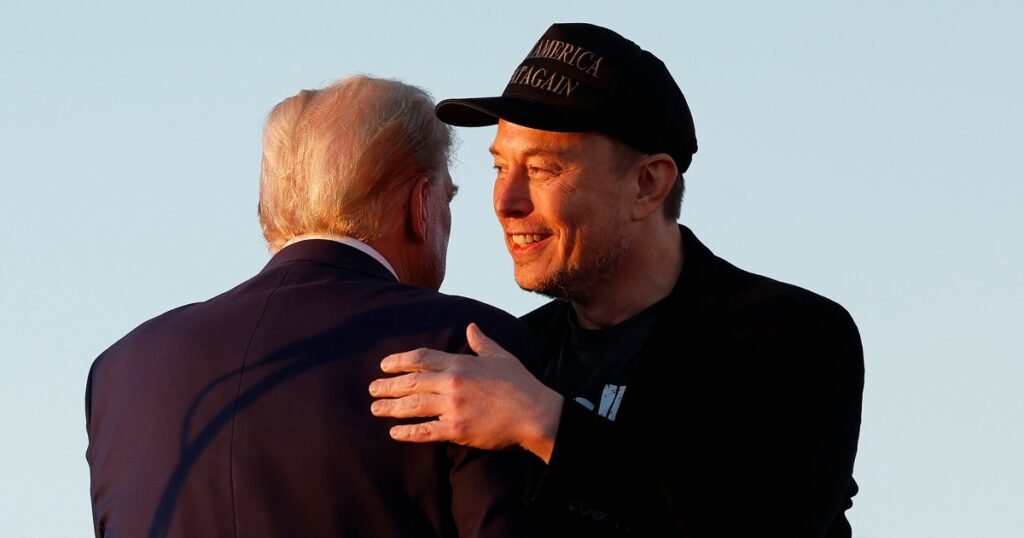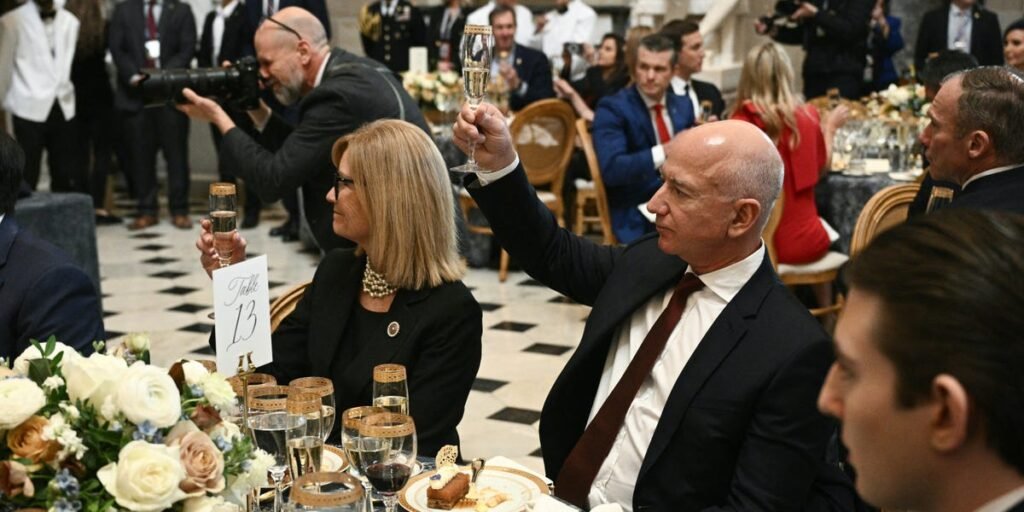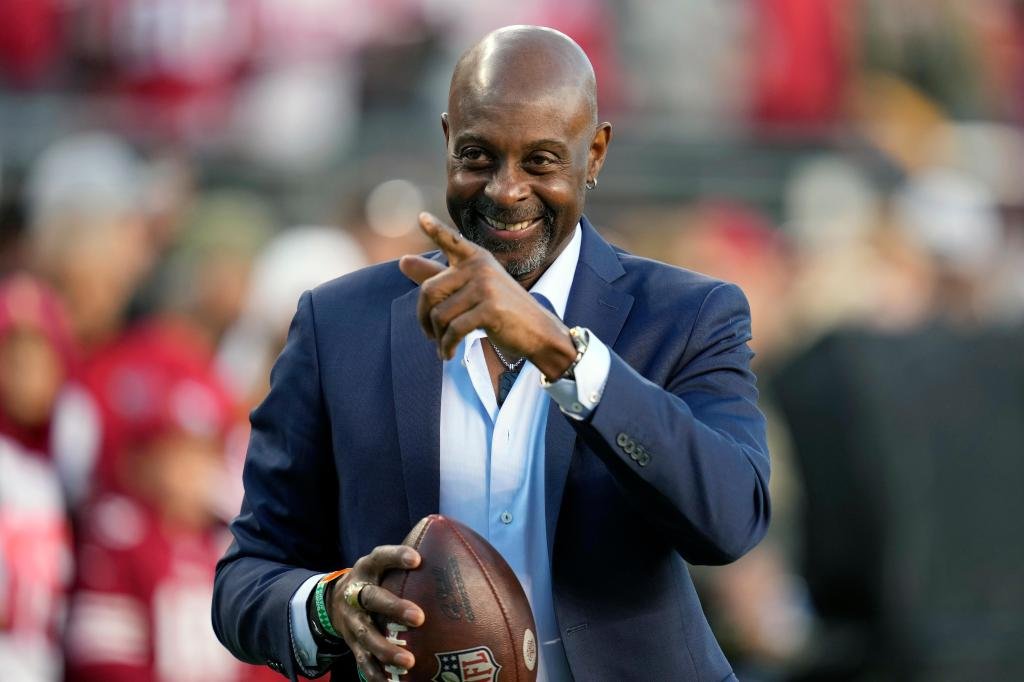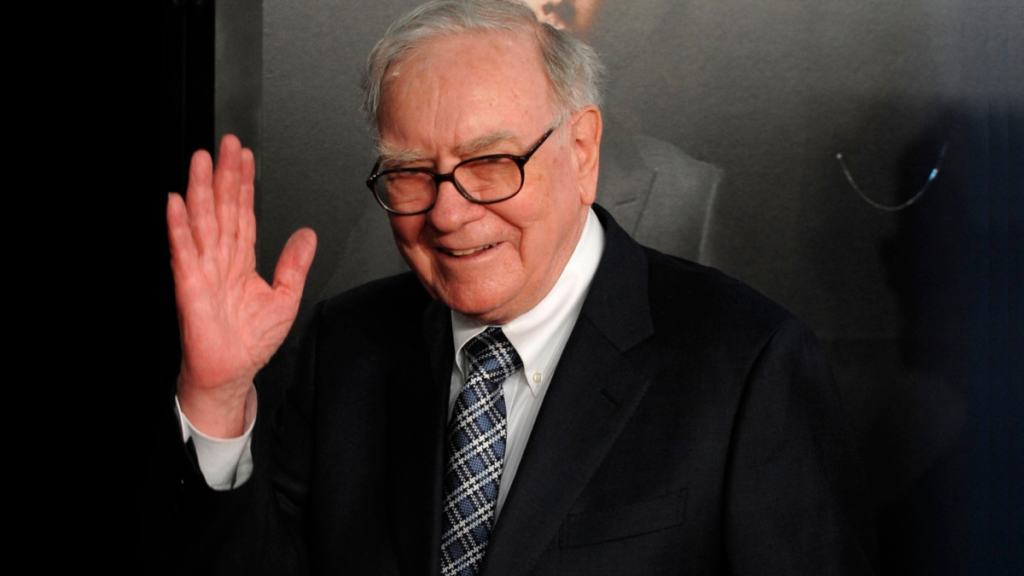
Imagine a situation where the biggest superstar in the country decides to launch merchandise or expand their commercial activities and is forced to come to terms with the fact that a third party exists with a similar brand as the superstar’s name and has commercial operations!! Trade Marks as tools for protecting intellectual property of celebrities, particularly in the entertainment industry represent more than just legal rights as they also overlap with their identity, personality rights, character traits and encompass high commercial value. However, the trade mark landscape is often times faced with such situations, often involving high-profile figures who seek to protect their names, catch words / slogans, or likenesses from unauthorized use.
Trade Marks serve as identifiers of origin, ensuring that consumers associate certain goods or services with a specific source and in case of celebrities, overlaps with their public personas too. Ensuring protection of such trade marks does not just prevent exploitation by third parties but also allows celebrities to monetize their brand through merchandise, endorsements, and other commercial collaborations. Many times, however, celebrities find themselves in difficult situations, some of which are shared below.
1. Katy Perry vs. Katie Taylor
Katy Perry recently faced a challenge in Australia against Katie Taylor, a local designer who had been using the trade mark KATIE PERRY as it was her birth name. Ms. Taylor argued that her brand predated Katy Perry’s popularity and through the suit, prevented the singer from using the name for merchandise in Australia. The case brought attention to the complexities of cross-industry trademark conflicts, where a celebrity’s global brand can collide with pre-existing local trademarks. This case brings to limelight the critical importance of protecting one’s trade marks early and for conducting thorough diligences prior to launching a brand.
2. Kylie Jenner vs. Kylie Minogue
Another publicized trade mark dispute involves Kylie Jenner, the reality TV star and entrepreneur, and Kylie Minogue, the Australian pop icon. Ms. Jenner attempted to trade mark the name “Kylie” for her cosmetic brand when Ms. Minogue opposed the application, arguing that she had been known as “Kylie” globally for decades and had already registered trade marks under her name. In 2017, the U.S. Patent and Trade Mark Office ordered in favour of Ms. Minogue, citing the potential for confusion and damage to her brand.
3. Beyoncé’s Blue Ivy Carter Trade Mark Dispute
Beyoncé and Jay-Z faced a trade mark challenge when they attempted to trade mark their daughter’s name, Blue Ivy Carter. The application aimed to protect the name for various business ventures, including baby products and entertainment services. However, Veronica Morales, the owner of a wedding planning business called “Blue Ivy,” opposed the application, claiming it would create confusion and dilute her brand. The case highlighted concerns between celebrity trade marks and pre-existing businesses, ultimately resulting in a legal victory for the Carters in securing their trade mark.
4. Taylor Swift’s Lyrics and Phrases
Pop sensation Taylor Swift has been proactive in trade marking phrases from her songs, such as “This Sick Beat” and “Nice to Meet You, Where You Been?” These trade marks allow her to use them on merchandise and in promotions. However, there is public discourse that such efforts risk stifling creativity and may overreach the intended scope of trade mark protection.
One of the primary hurdles in trade mark disputes is establishing distinctiveness. Celebrities must demonstrate that their name, phrase, or likeness is uniquely associated with their brand and not a common term. This can be particularly challenging when dealing with names or phrases that have generic or descriptive qualities. Trade Mark law also aims to prevent consumer confusion. Courts often assess whether the use of a trade mark by a third party could mislead consumers into believing there is an association with the celebrity. Since celebrities these days don multiple hats, beyond their primary art form, and become successful businessmen, time is ripe for them to consider protection of their trade marks for goods and services that they foresee in their commercial future.
Balancing trade mark rights with free speech is another contentious issue. Parodies, critiques, and artistic expressions often rely on the use of celebrity names or likenesses. Given their global recognition, celebrities often face trade mark disputes across multiple jurisdictions. Differences in trade mark laws and enforcement laws can complicate these cases from time to time. Indian celebrities must undertake measures that can be taken to control such issues such as:
Comprehensive Research
Before filing a trade mark application, celebrities and their teams should conduct thorough research to identify potential conflicts with existing trade marks as this can help in avoiding costly legal battles.
Early Registration
Proactively registering trade marks for names, phrases, and likenesses can provide a strong foundation for legal protection. The parties must also consider international registrations to safeguard their brand in multiple jurisdictions.
Negotiation and Settlements
In many cases, disputes can be resolved through negotiation rather than litigation as settlements can save time, money, and preserve public goodwill.
Celebrity trade mark disputes highlight the complex interplay between law, culture, and commerce. As Indian public figures continue to expand their personal brands, the importance of robust intellectual property protection will only grow. However, these cases also throw light on the need for a balanced approach that respects both the rights of celebrities and the broader public interest and ensure that the evolution of trade mark law is in the right direction.
Authored by: Safir Anand, senior partner, Anand and Anand and business strategist
Fact Check: Taylor Swift Takes A Dig At Kanye West On ‘Diddy’ Case By Changing Song Title?


